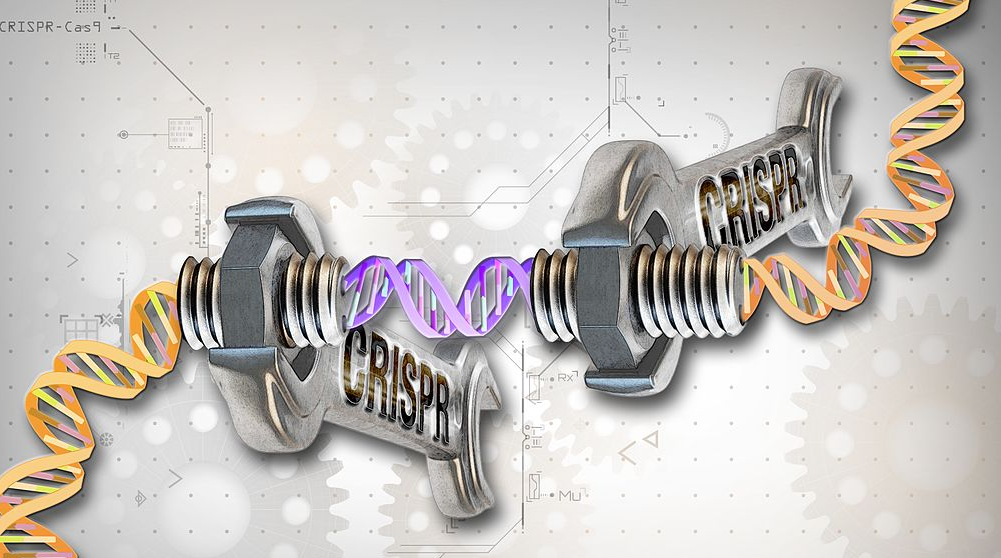In November 2018, the controversial Chinese scientist ‘He Jiankui’ used CRISPR technology to delete the embryonic gene CCR5 of twins Lulu and Nana to make the children resistant to HIV. This was followed by almost universal criticism.
Now a Russian molecular biologist, Denis Rebrikov, is planning to use CRISPR technology to correct a mutation that leads to hereditary deafness.
Recessive deafness gene: Five deaf Russian couples want to try the CRISPR gene-editing technique for having a biological child who can hear. A genetic defect in humans results in progressive hearing loss, which leads to deafness by their mid-20s.
The same genetic mutation causes deafness in the Beethoven-mouse model. Scientists at Harvard Medical School and Boston Children’s Hospital have used a gene-editing tool to restore hearing in Beethoven mice with a genetic form of deafness. They succeed in that experiment… animals recovered without any apparent off-target effects.
Researchers’ fear of the risks: Rebrikov is going to apply to the relevant Russian authorities for permission to use CRISPR technology.
CRISPR expert Gaetan Burgio at the Australian National University, said, “Rebrikov is definitely determined to do some germline gene editing, and I think we should take him very seriously,” “But it’s too early, it’s too risky.”







